The Fair Trade certification and movement seeks to ensure that products are produced in a manner that is ethical and sustainable for all involved.
It’s a system designed to support farmers and producers in developing countries to get fair prices for their products, improve their livelihoods, and protect the environment.
According to a 2020 annual report, 191 million farmers and workers in 71 countries are members of fair trade certified producer organizations. Fair trade products are sold in 131 countries and 2,500+ companies licensed more than 37,000 fair trade products.
Coffee is the most popular fair trade product, followed by cocoa, bananas, and tea, but you can find Fair Trade products in other popular consumer sectors including fashion and beauty.
In this post, we’ll discuss what Fair Trade certifications mean, how they work, and the pros and cons of the movement.
What is Fair Trade Certification?
Fair Trade Certification is a process by which independent organizations certify that a product has been produced and traded according to specific social, economic, and environmental criteria.
These criteria vary by product and certification, but generally, they include things like fair prices, safe working conditions, and environmental sustainability.
The Fair Trade movement aims to promote fair wages, safe working conditions, and sustainable farming practices for small farmers and producers in developing countries.
The certification process helps consumers identify products that have met these standards, enabling them to make informed purchasing decisions.
How Do I Know if a Product is Fair Trade Certified?
Look for the Fair Trade Certified label on products you buy. This label indicates that the product meets the Fair Trade standards for that particular product.
You can also visit the websites of Fair Trade certification organizations to learn more about their standards and the products they certify.
Fairtrade International
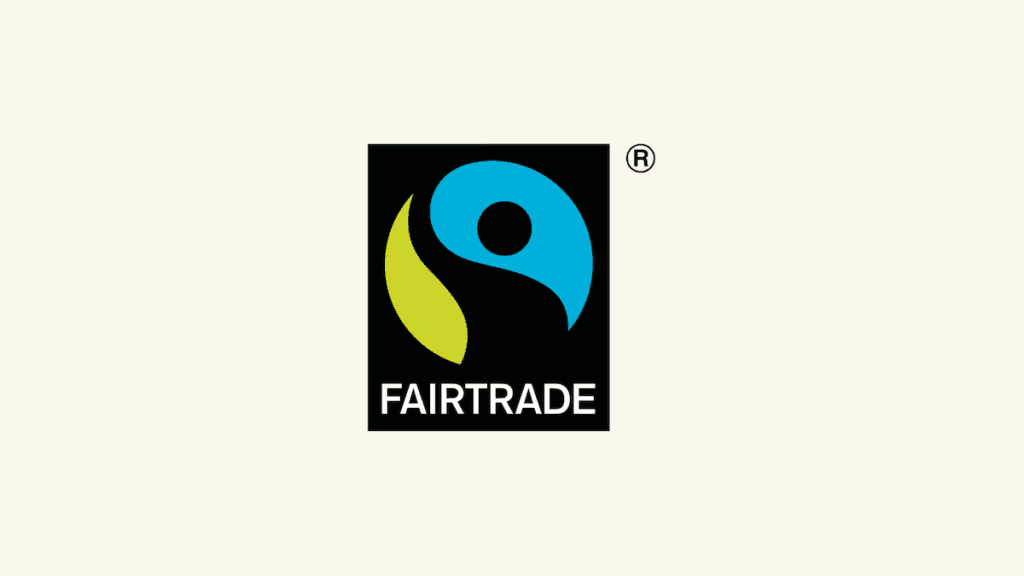
Fairtrade International is one of the largest and most well-known Fair Trade Organizations in the world.
They work to ensure that small farmers and workers in developing countries receive fair prices for their products, as well as working to improve working conditions and promote sustainable farming practices.
They also provide certification for Fairtrade products and work with businesses to promote Fairtrade products and practices.
Fair Trade USA
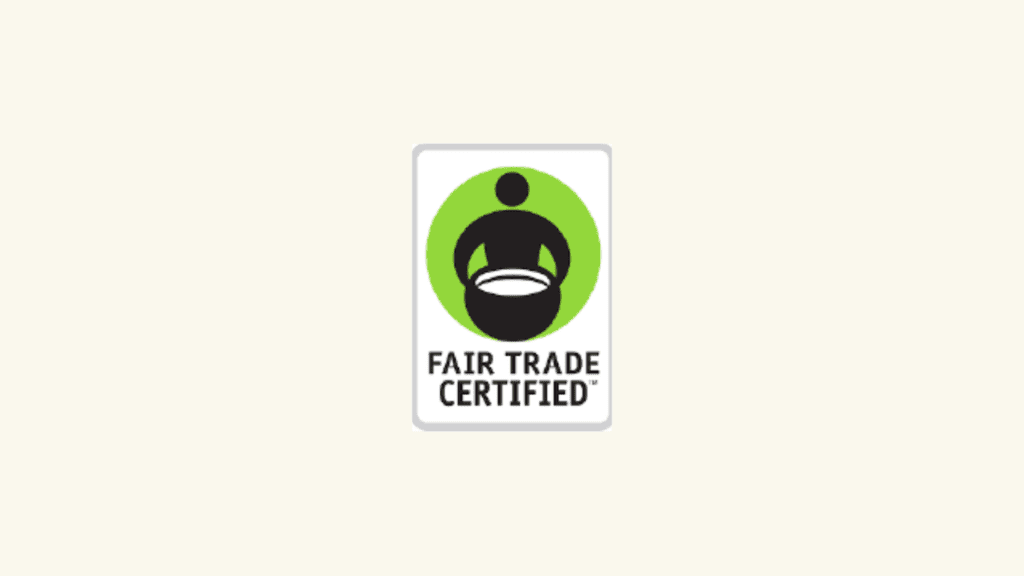
Fair Trade USA is a nonprofit organization that works to promote Fair Trade practices and provide certification for Fair Trade products in the United States.
They work with farmers and workers in developing countries to promote fair prices and working conditions, and they also work with businesses to promote Fair Trade products and practices.
They focus on empowering farmers and workers to improve their livelihoods and protect the environment.
World Fair Trade Organization (WFTO)
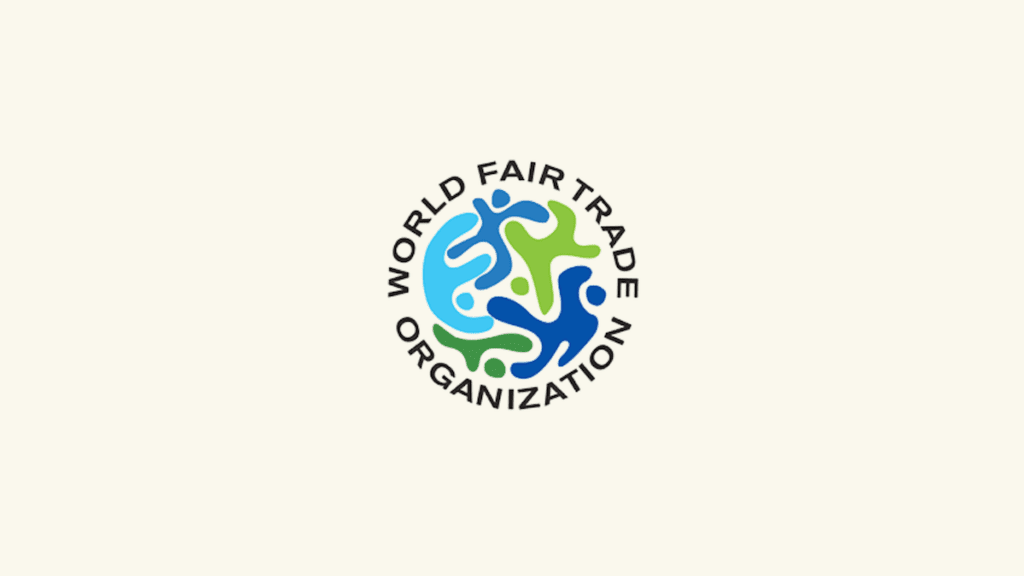
The World Fair Trade Organization is a global network of Fair Trade Organizations that work to promote Fair Trade practices and principles.
They focus on promoting sustainable and ethical production practices, improving working conditions, and supporting marginalized producers.
They also provide a certification system for Fair Trade products and work to raise awareness about Fair Trade.
Fair for Life
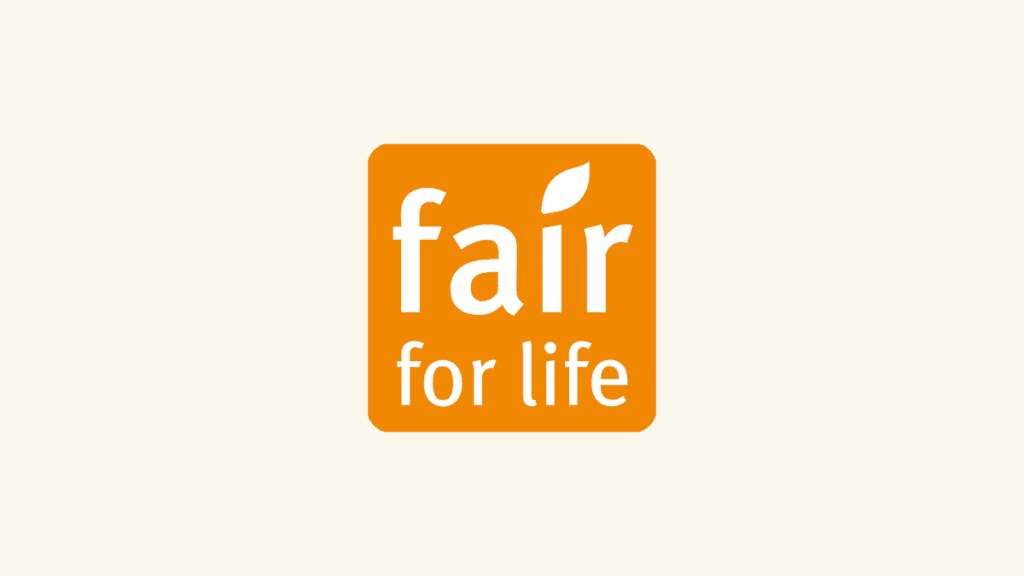
Fair for Life is a Fair Trade certification program that focuses on promoting social and environmental responsibility in agriculture and manufacturing.
They work to promote fair working conditions and wages, environmental sustainability, and social responsibility in supply chains.
They also provide certification for Fair for Life products and work to support sustainable development in communities.
Fair Trade Federation (FTF)
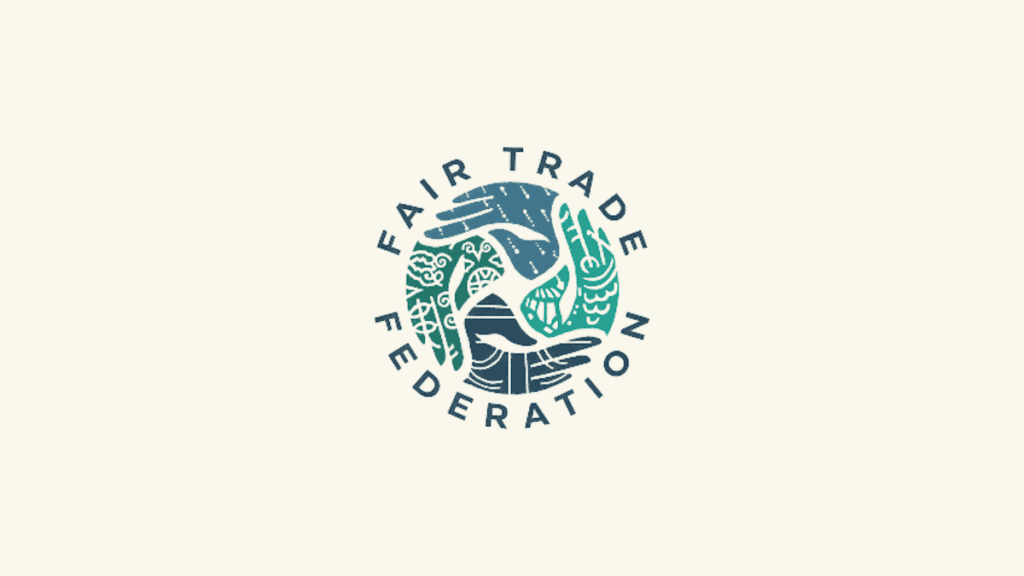
The Fair Trade Federation is a community of businesses and organizations that work to promote Fair Trade practices and principles.
They focus on promoting fair prices and wages, safe working conditions, and sustainable production practices.
They also provide a certification system for Fair Trade products and work to raise awareness about Fair Trade among consumers and businesses.
Pros and Cons of Fair Trade
While there are many advantages to fair trade, there are also some potential disadvantages to consider. Here are some of the pros and cons of fair trade:
Pros of Fair Trade:
- Fair prices for producers: One of the main advantages of fair trade is that it ensures producers receive a fair price for their products. This can help to alleviate poverty and improve the livelihoods of farmers and workers in developing countries.
- Improved working conditions: Fair trade also promotes better working conditions, such as safe working environments, fair wages, and protection of workers’ rights. This can help to improve the quality of life for workers and their families.
- Sustainable production practices: Fair trade encourages sustainable production practices, such as the use of organic farming methods and environmentally-friendly production processes. This can help to reduce environmental damage and preserve natural resources.
- Empowerment of marginalized communities: Fair trade can help to empower marginalized communities, such as women and small-scale farmers, by providing them with access to markets and resources they may not have had before.
Cons of Fair Trade:
- Higher costs: Fair trade products can be more expensive than conventionally produced products, due to the higher costs of ethical and sustainable production practices.
- Limited impact: While fair trade can provide many benefits to individual producers and communities, it may not have a significant impact on broader social and economic issues in developing countries.
- Limited reach: Fair trade products are still a relatively small part of the global market, and may not be available in all areas or in all product categories.
- Certification challenges: Fair trade certification can be a complex and expensive process, which may limit the ability of some producers to participate in the fair trade market.
Is Direct Trade Better Than Fair Trade?
Direct trade and fair trade are both models of ethical and sustainable trade, but they differ in their approach and implementation. Here are some of the differences between direct trade and fair trade:
- Relationship-building: Direct trade emphasizes building direct relationships between producers and buyers, whereas fair trade focuses on building relationships through certification programs and standards.
- Transparency: Direct trade emphasizes transparency and traceability, with buyers often visiting producers in person and sharing information about pricing and production methods. Fair trade also promotes transparency, but certification standards may not require the same level of direct engagement between producers and buyers.
- Price-setting: Direct trade typically involves negotiating prices directly with producers, based on the cost of production and quality of the product. Fair trade certification sets minimum prices and premiums for products, which can provide a safety net for producers but may not reflect the true cost of production or quality of the product.
- Standards and certification: Direct trade does not rely on third-party certification, whereas fair trade certification provides a standardized set of criteria for ethical and sustainable trade practices.
- Scope: Direct trade is often practiced by small-scale, independent businesses, whereas fair trade is more widely adopted by larger, multinational corporations.
Both direct trade and fair trade can provide benefits to producers and promote sustainable and ethical trade practices.
However, the different approaches and implementation of these models may appeal to different consumers and businesses. Ultimately, consumers can choose to support businesses and organizations that align with their values and priorities.
In conclusion, Fair Trade certification is not perfect, but it is an important tool for promoting ethical and sustainable production practices.
By choosing Fair Trade certified products, consumers can support fair prices, safe working conditions, and environmental sustainability, while also helping to improve the lives of small farmers and producers in developing countries.








